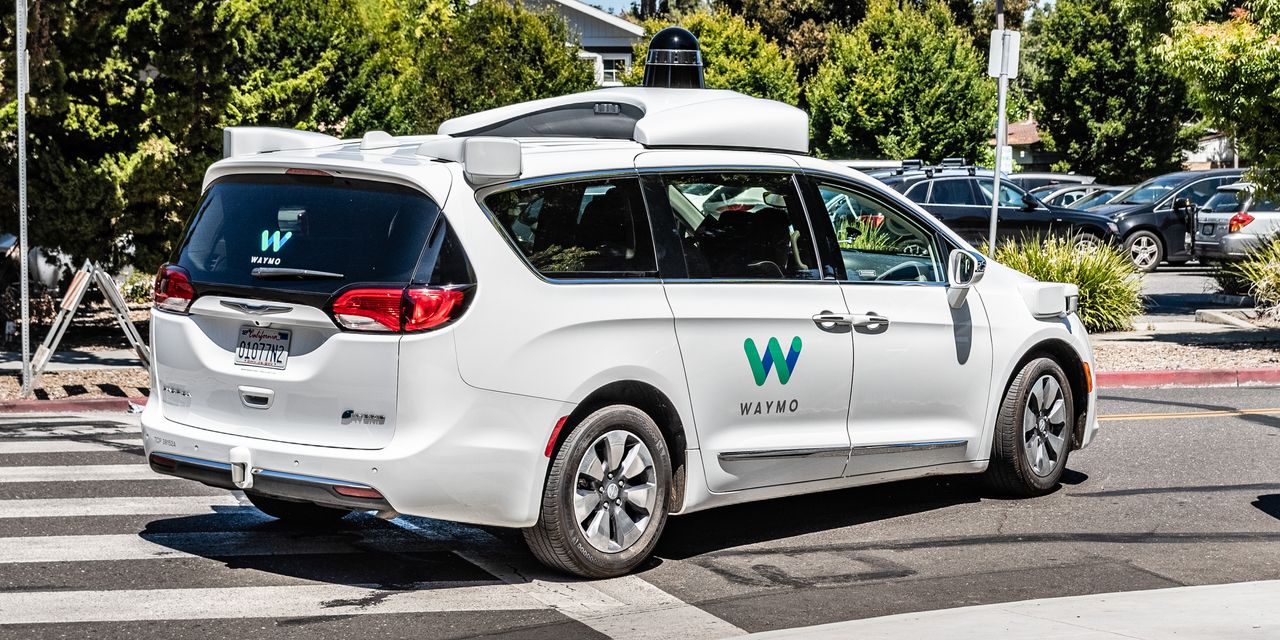Self-driving car companies have been given expanded permissions to operate in San Francisco. Californian regulators are backing the technology despite local concerns.
The California Public Utilities Commission voted on Thursday to allow Cruise, majority-owned by
General Motors
(ticker: GM), and Waymo, part of Google-parent
Alphabet
(GOOGL), to offer paid rides in driverless vehicles across the city at all hours of the day, with an unlimited number of vehicles.
Self-driving cars are popping up in more cities in the U.S., but as they spread, so do concerns about their safety. San Francisco officials opposed the expanded self-driving permissions, but the statewide commission has authority over passenger transportation.
“While we do not yet have the data to judge AVs [autonomous vehicles] against the standard human drivers are setting, I do believe in the potential of this technology to increase safety on the roadway,” said CPUC Commissioner John Reynolds in a statement.
Fully self-driving cars are expected to be big business eventually—GM believes it can generate $80 billion in annual sales by 2030 from software and self-driving applications—but are loss-making projects for now. Alphabet stock was down 0.4% on Friday and GM was down 0.9% amid a broader market drop.
Waymo said in a blog post it had more than 100,000 people on a wait list for its San Francisco passenger services and would ramp up gradually.
“Today’s permit marks the true beginning of our commercial operations in San Francisco,” said Tekedra Mawakana, co-CEO of Waymo.
GM and Alphabet aren’t the only companies looking to benefit from the growth of self-driving cars.
Tesla’s
(TSLA) vehicles currently require driver supervision, but CEO Elon Musk has repeatedly said the company eventually wants to build a robotaxi.
Amazon.com
(AMZN) is also expanding in the space via its Zoox business.
Write to Adam Clark at [email protected]
Read the full article here




